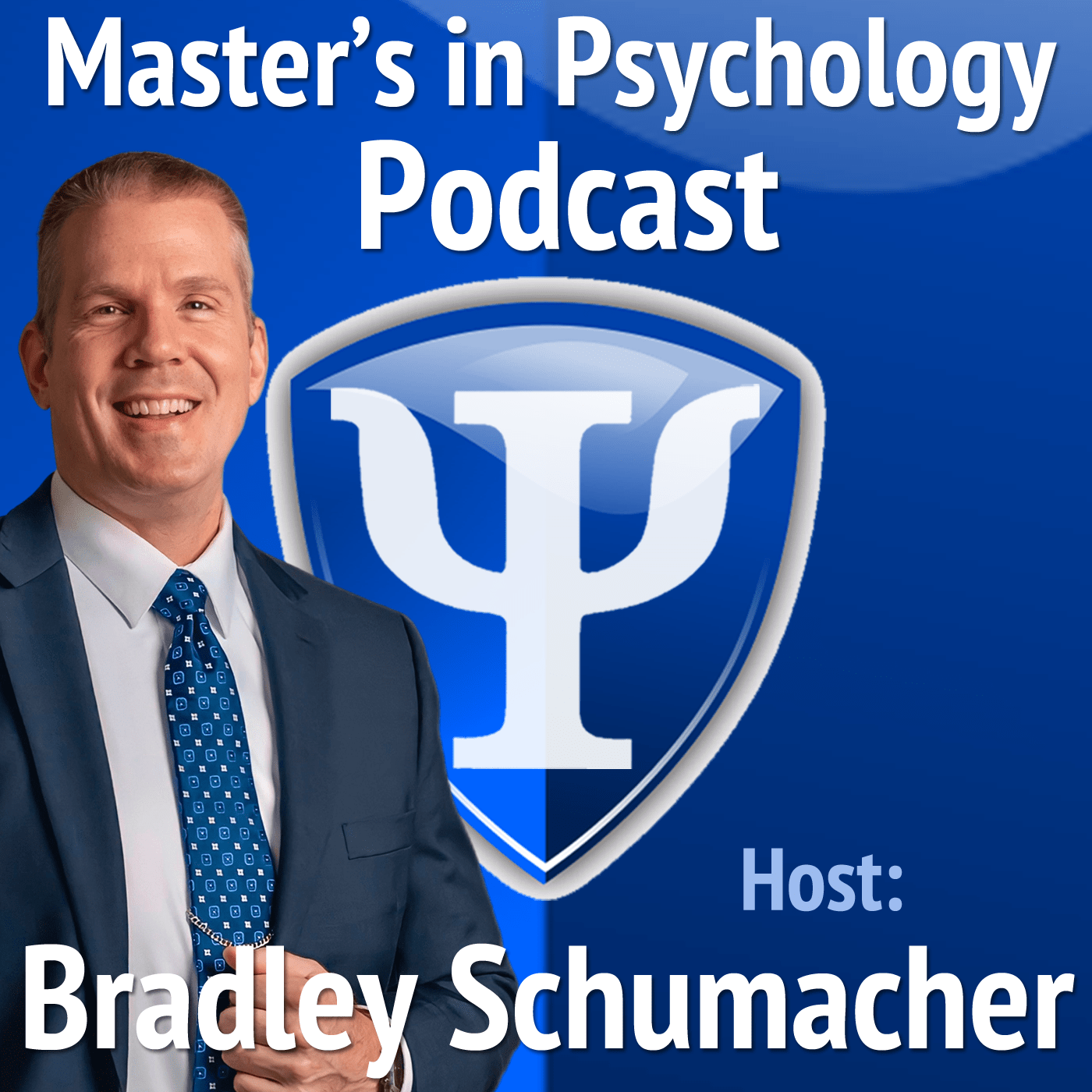- After-Shows
- Alternative
- Animals
- Animation
- Arts
- Astronomy
- Automotive
- Aviation
- Baseball
- Basketball
- Beauty
- Books
- Buddhism
- Business
- Careers
- Chemistry
- Christianity
- Climate
- Comedy
- Commentary
- Courses
- Crafts
- Cricket
- Cryptocurrency
- Culture
- Daily
- Design
- Documentary
- Drama
- Earth
- Education
- Entertainment
- Entrepreneurship
- Family
- Fantasy
- Fashion
- Fiction
- Film
- Fitness
- Food
- Football
- Games
- Garden
- Golf
- Government
- Health
- Hinduism
- History
- Hobbies
- Hockey
- Home
- How-To
- Improv
- Interviews
- Investing
- Islam
- Journals
- Judaism
- Kids
- Language
- Learning
- Leisure
- Life
- Management
- Manga
- Marketing
- Mathematics
- Medicine
- Mental
- Music
- Natural
- Nature
- News
- Non-Profit
- Nutrition
- Parenting
- Performing
- Personal
- Pets
- Philosophy
- Physics
- Places
- Politics
- Relationships
- Religion
- Reviews
- Role-Playing
- Rugby
- Running
- Science
- Self-Improvement
- Sexuality
- Soccer
- Social
- Society
- Spirituality
- Sports
- Stand-Up
- Stories
- Swimming
- TV
- Tabletop
- Technology
- Tennis
- Travel
- True Crime
- Episode-Games
- Visual
- Volleyball
- Weather
- Wilderness
- Wrestling
- Other
35: Rex Jung, PhD – Clinical Neuropsychologist Finds a Career that “Tickled” His Brain
Dr. Rex Jung only had one introduction to psychology class during his entire undergraduate career at the University of Boulder, CO and admitted, at the time, psychology wasn’t his path. Instead, he graduated with a BS in Finance and was working for several years in the business world before he found his passion. It wasn’t until he started volunteering for the Special Olympics that he became fascinated and interested in how the brain works. Now in his late 20’s, he decided to explore what kind of work was available in that area and psychology, in general, was one of the paths. He states, “I discovered later, neuropsychology was the particular path that would get me to where I wanted to be.” In this podcast, you will learn more about Dr. Jung’s unconventional career path in psychology. If you want to follow the typical academic path and become a professor in psychology, this episode may not be for you. However, if you are looking for inspiration and advice on how to find your passion and turn that into a career that, as Dr. Jung states, “tickles” your brain and makes your “brain sing,” then this is the Master’s in Psychology Podcast episode you don’t want to miss. To make the strange transition from finance and business to psychology, Dr. Jung started in the clinical psychology program at Loyola College in Baltimore, MD so “that I at least look plausible” as an applicant when applying to PhD programs. Dr. Jung shares the backstory leading up to starting graduate school at Loyola. He had to move furniture in both Colorado and Baltimore to put himself through school and to provide himself with food and lodging. While he was in Baltimore, Dr. Jung did many things. He worked at the National Institute of Aging in a research laboratory of personality and cognition. He volunteered at Shock Trauma Hospital as a neuropsychology technician doing testing and also volunteered at Johns Hopkins in neurosurgery (and pediatric neurosurgery), so he was able to see the medical training and neuropsychological aspects of the field which helped him decide on a graduate school and realize that “it was the specialization of neuropsychology that was the best fit for me.” His National Institute of Aging job and Shock Trauma job later turned into paid positions so he could eventually stop moving furniture and that is when he had enough money to start graduate school in the master’s program in clinical psychology at Loyola. Dr. Jung had two main criteria for PhD graduate schools. First, there had to be mountains in or near it. Second, there had to be snow. He missed the western part of the country, so he applied to schools all up and down the Rocky Mountain range. He was a little over a year into his master’s program when he was accepted and started his PhD at the University of New Mexico. He recalls that many of his classes transferred from the master’s program to the PhD program at UNM. After receiving his doctorate in clinical neuropsychology, Dr. Jung followed the advice of his advisors and found a place outside of New Mexico for his internship. He looked around and found that the best research was being done at Baylor College of Medicine, so he applied there and a number of other places and was accepted at Baylor College of Medicine in Houston, TX. While there, he worked side by side with neurologists and neurosurgeons to do awake craniotomies “to test patients while they’re undergoing neurosurgery to determine if you’re cutting part of the brain that is important to ongoing cognitive functions.” He still had family in Albuquerque, so he made fifty round trip flights during that year. He states, “it was an important, hard, expensive year, but I got the experience that I needed.” Dr. Jung is a licensed psychologist and a practicing clinical neuropsychologist. He is president and owner of a private neuropsychology practice called Brain and Behavioral Associates, PC in Albuquerque, NM which “provides neuropsychological, legal,

